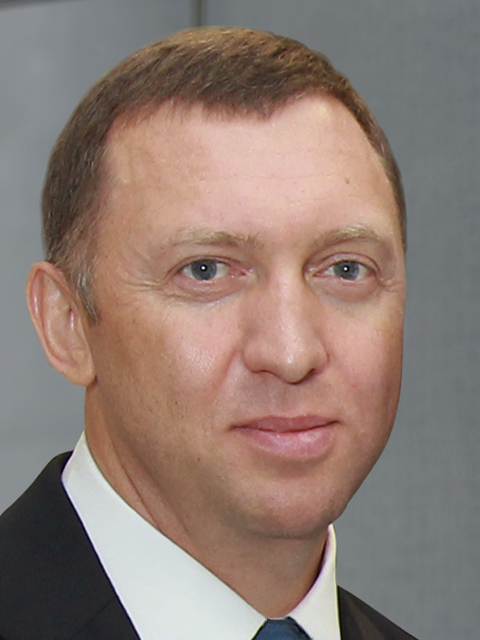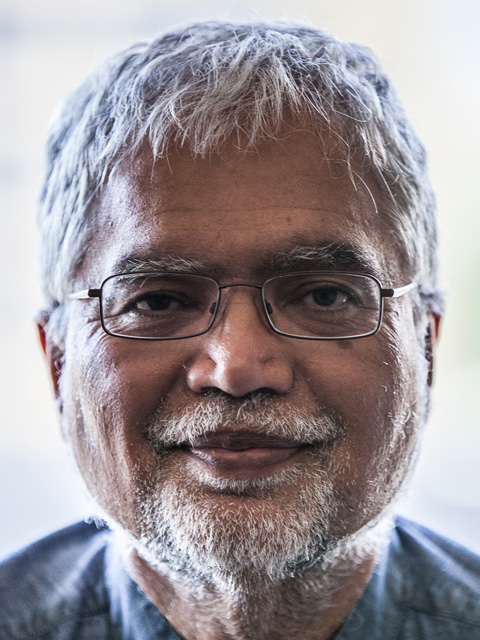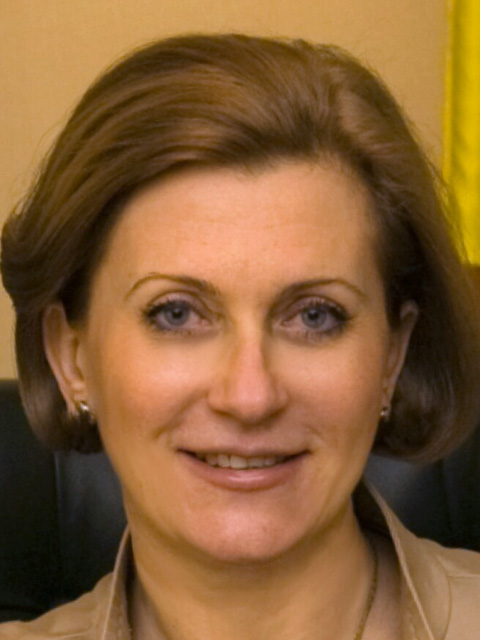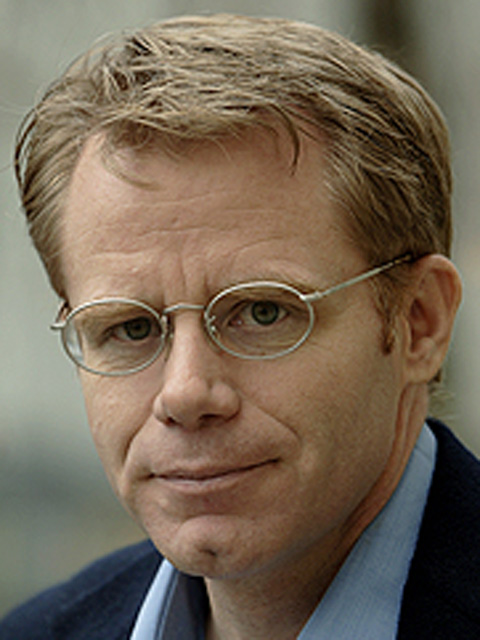THE ECONOMIC IMPACT OF EPIDEMICS: A CASE STUDY OF PUBLIC–PRIVATE PARTNERSHIP IN THE FIGHT AGAINST EBOLA
Global challenges such as epidemics of infectious diseases have a huge impact on the economies of countries and entire regions. In recent years, the frequency and scale of new threats has grown as a result of several factors, including economic integration and increased cross-border travel and trade. What steps can be taken to prevent health emergencies and to mitigate their negative impact on economies and societies, and what are the costs of managing such risks? What can be learned from the experience of fighting the Ebola outbreak in Africa, and Russia’s experience of public–private partnership in providing assistance to the Republic of Guinea in particular? What new and unexplored approaches, tools, and methods could be used to prevent and respond to outbreaks of deadly diseases?
Moderator:
Julia Chatterley ,
Anchor, CNBC
Panellists
Oleg Deripaska ,
President, Member of the Board of Directors, RUSAL
Mukesh Kapila ,
Professor of Global Health and Humanitarian Affairs, University of Manchester; Special Adviser World Humanitarian Summit
Sergei Kraevoi ,
Deputy Minister of Healthcare of the Russian Federation
Meinie Nicolai ,
President, Médecins Sans Frontières (MSF)
Anna Popova ,
Head, Federal Service for Surveillance on Consumer Rights Protection and Human Wellbeing
Christopher Egerton-Warburton ,
Senior Advisor, Global Health Investment Fund (GHIF)
Bruce Aylward ,
Acting Executive Director, Outbreaks and Health Emergencies; WHO Director-General's Special Representative for the Ebola Response











